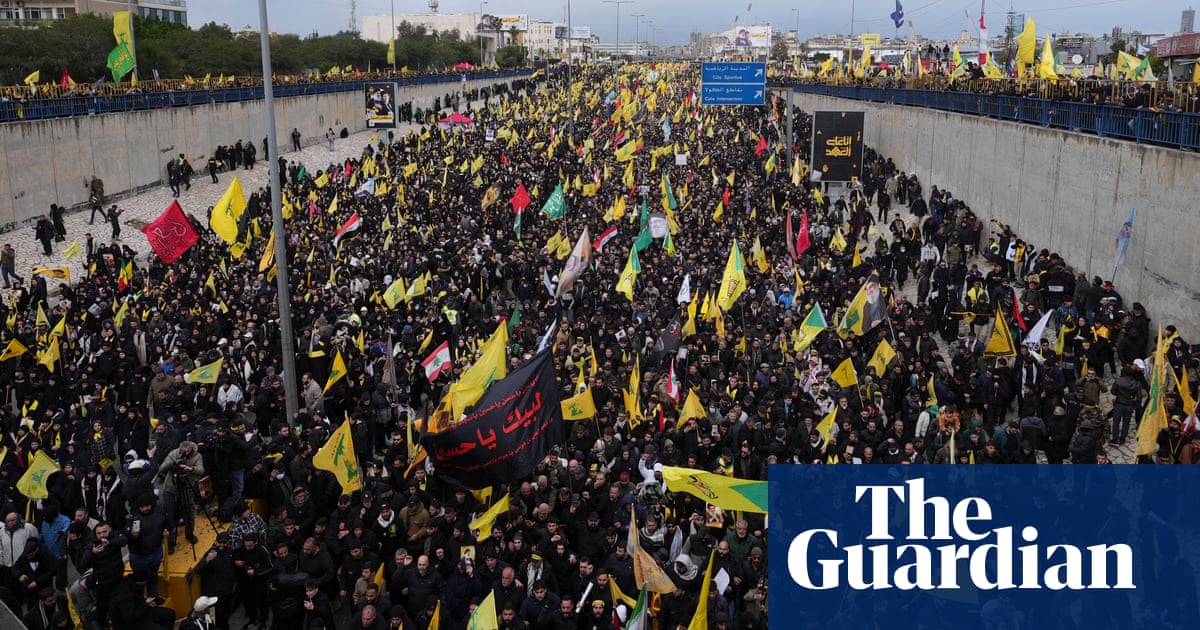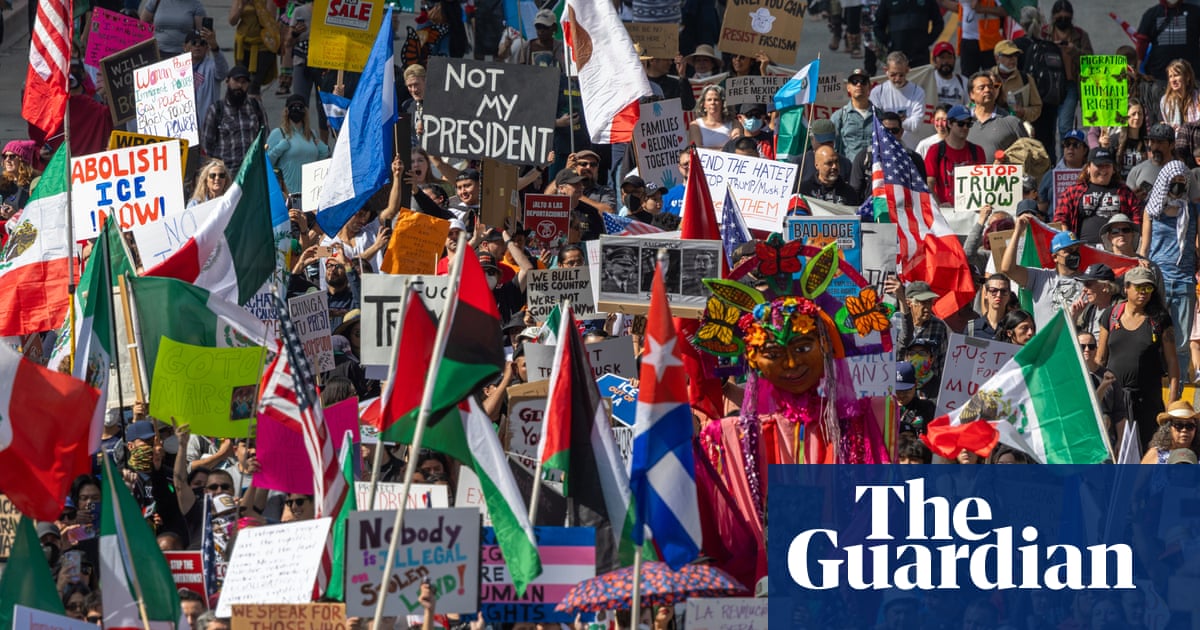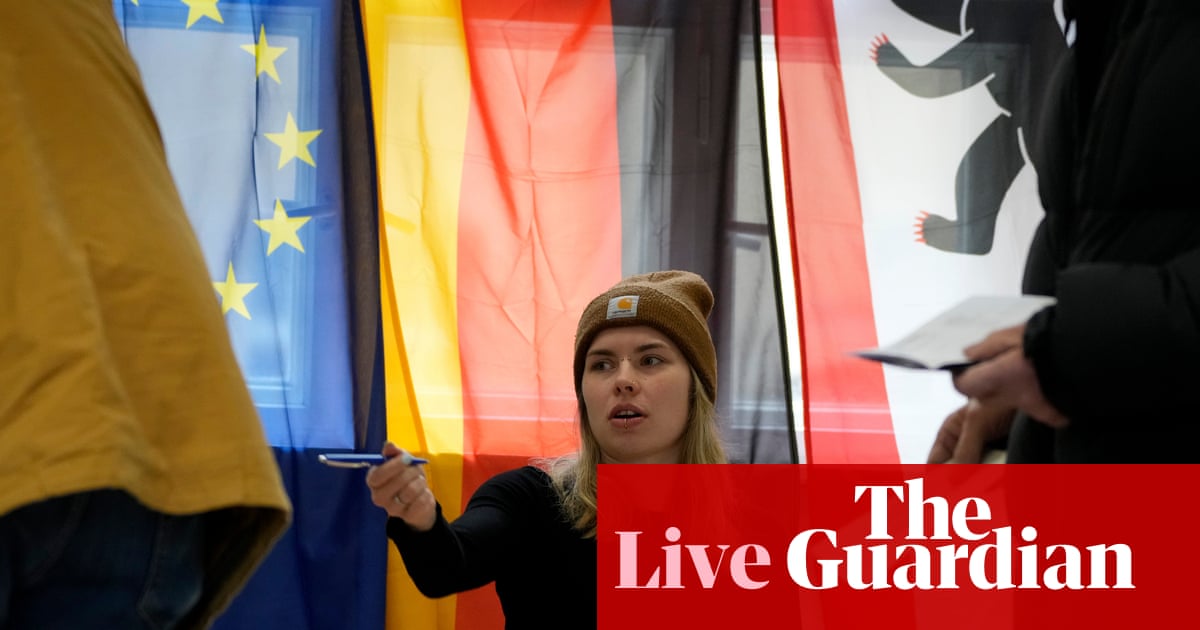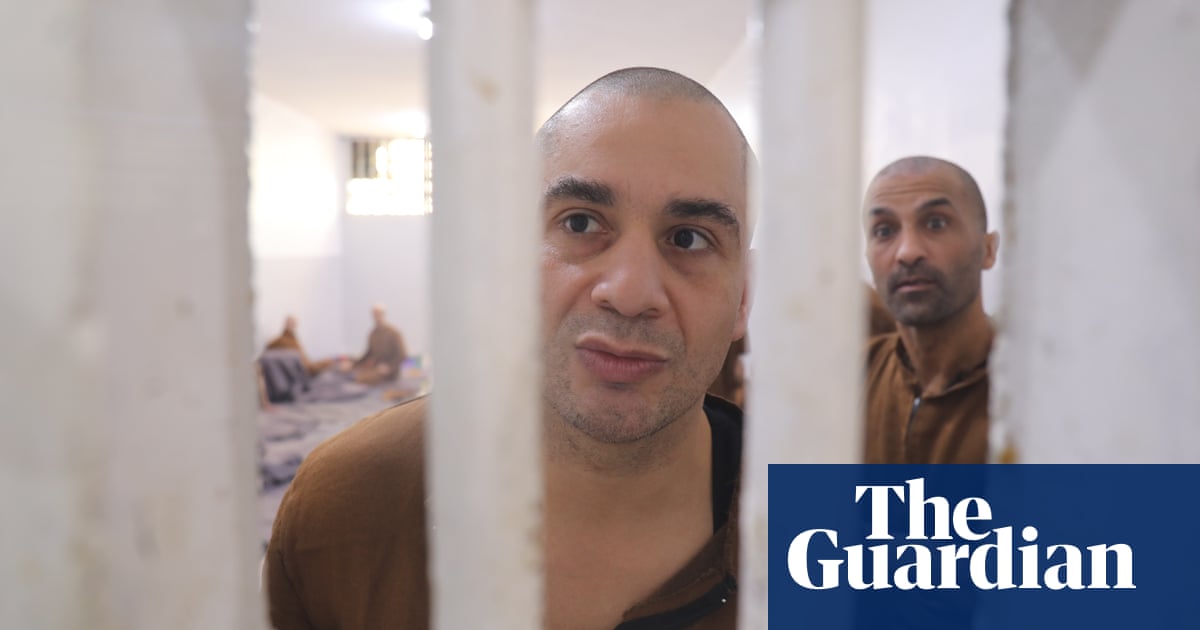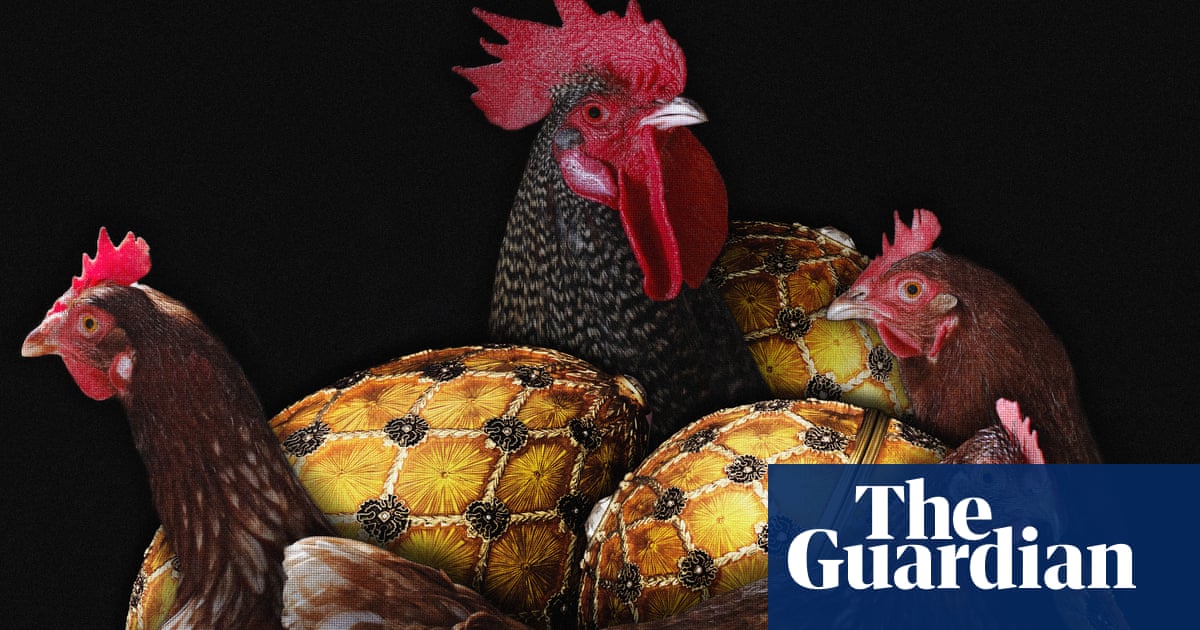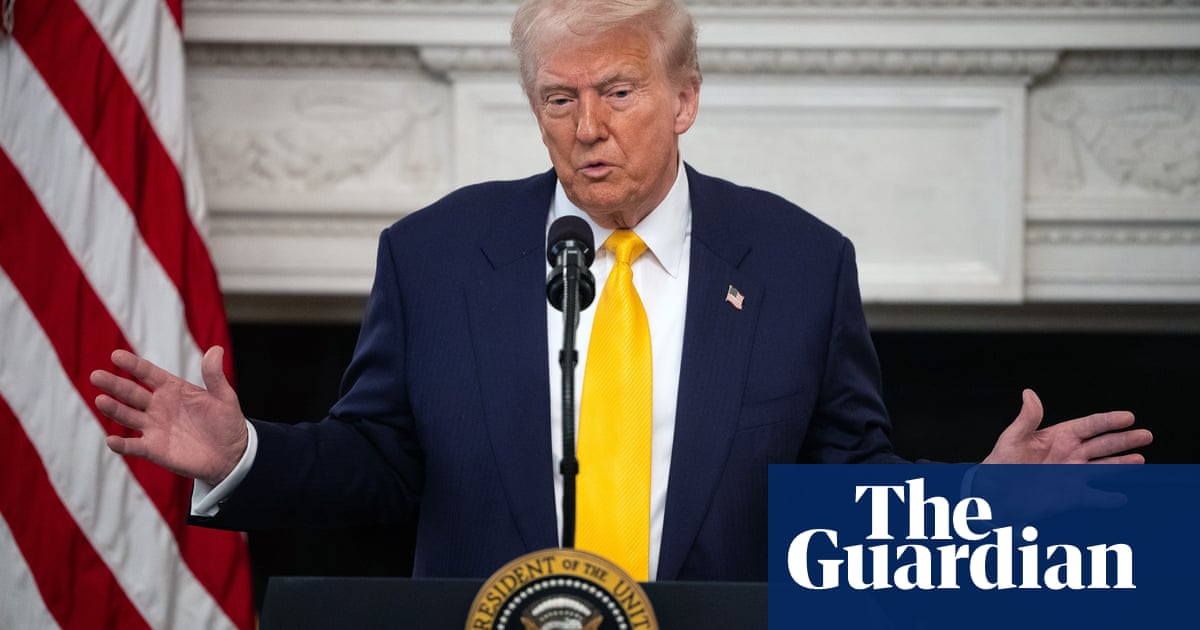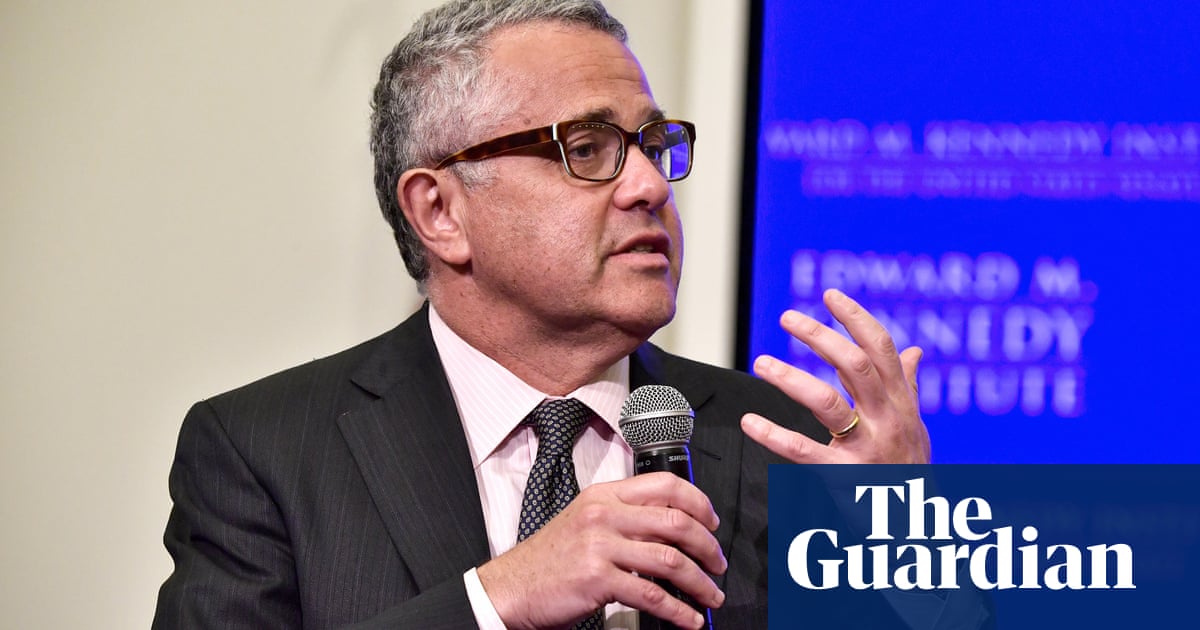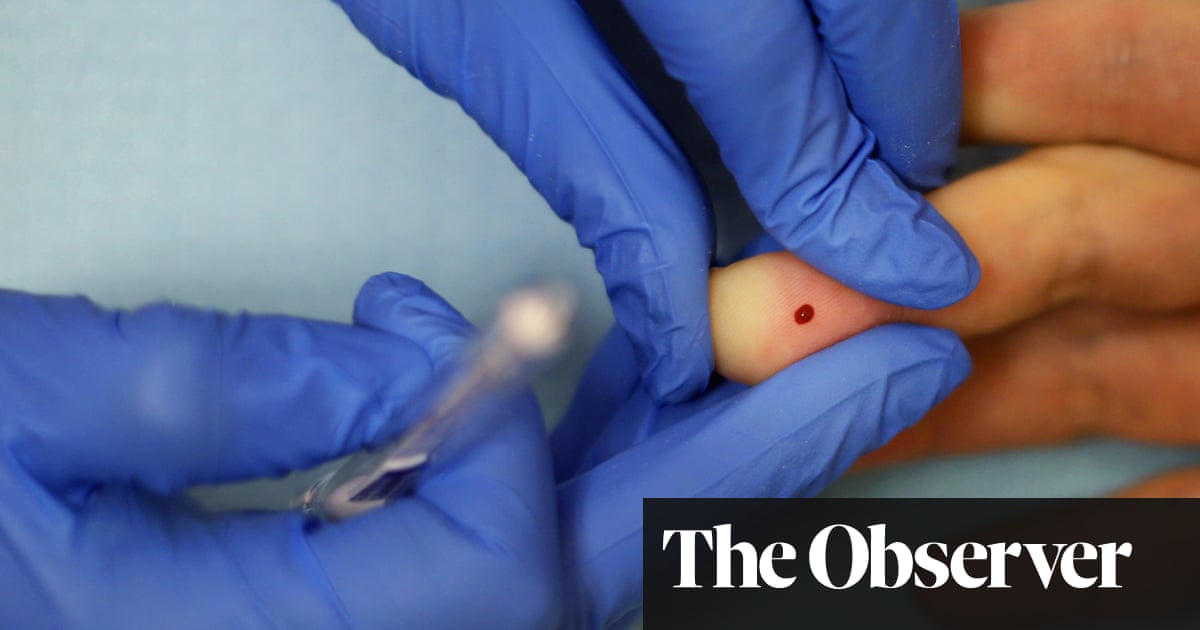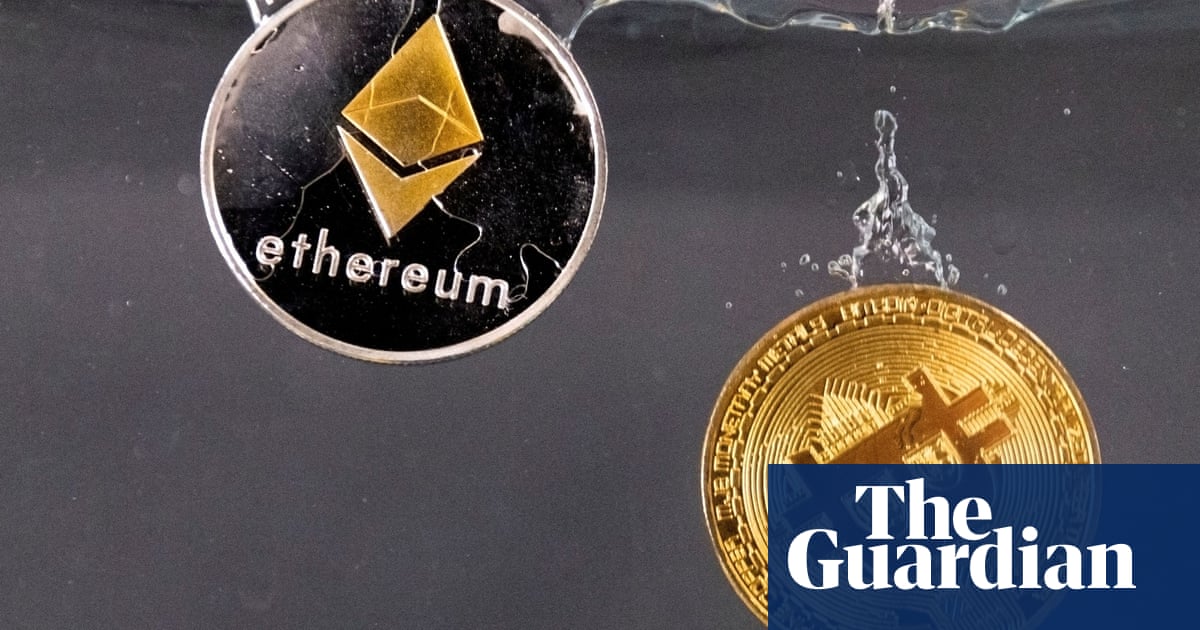An ultranationalist, Moscow-friendly Nato critic is set to face a centre-right candidate in the runoff of Romania’s presidential elections after a shock first-round result that has upended the country’s politics and could jeopardise its support for Ukraine.
With 99.98% of votes counted, Călin Georgescu, an independent who has praised Vladimir Putin as “a man who loves his country”, was on 22.9%, with the reformist Elena Lasconi, of the Save Romania Union (USR), second on 19.17%.
The result is one of the biggest electoral upsets in Romania’s post-communist history and bears little relation to pre-election polls, which had shown the little-known Georgescu running at 5% and predicted the outgoing prime minister, the centre-left, pro-EU Marcel Ciolacu, would win comfortably. Ciolacu instead was in third on 19.15%.
Romania’s president has a semi-executive role that includes significant decision-making powers over national security, foreign policy and judicial appointments. The runoff is scheduled for 8 December, after parliamentary elections due next Sunday.
The race is being watched well beyond Romania, which shares a 400-mile border with Ukraine and is seen by western allies as playing a key strategic role, hosting a Nato military base, donating a Patriot air defence battery and providing a vital transit route for millions of tonnes of Ukrainian grain.
“Tonight, the Romanian people cried out for peace. And they shouted very loudly, extremely loudly,” Georgescu, a 62-year-old university professor, said on Sunday night. “We are strong and brave, many of us voted, and even more will do so in the second round.”
Lasconi, a former war correspondent and TV news presenter, joined the centre-right USR in 2018 and became party leader this year. Twice elected as mayor of the small town of Câmpulung, she believes in boosting defence spending and helping Ukraine.
Georgescu, who left the far-right Alliance for the Union of Romanians (AUR) after it criticised his pro-Russia, anti-Nato stance, ran a viral TikTok campaign focused on reducing Romania’s need for food and energy imports and ending aid for Ukraine.
The election focused largely on Romania’s soaring cost of living: the Black Sea country has the EU’s biggest share of people at risk of poverty, as well as the bloc’s highest inflation rate and largest budget deficit, at 8% of economic outlook.
Georgescu said on Facebook after he had voted that he was standing “for those who feel they do not matter, and actually matter the most”. Later, he said the results were “an extraordinary awakening” of the people.
Cristian Andrei, a political consultant, said the populist’s score appeared to be a “large protest or revolt against the establishment” and that the mainstream political parties had “lost the connection with regular Romanians”.
Georgescu, a sustainable development consultant who has worked for several UN bodies, has called Nato’s ballistic missile defence shield over Romania a “shame of diplomacy” and said the alliance would not protect its members from Russian attack.
He has also described Corneliu Codreanu, the leader of Romania’s 1930s fascist Iron Guard, and Ion Antonescu, who led its pro-German wartime government and was executed for his part in Romania’s Holocaust, as national heroes.
In other interviews, Georgescu has said Romania was not ready to independently handle diplomacy and strategy and that its best chance lay with “Russian wisdom”. He has refused to explicitly say he supports Russia in its war on Ukraine.
Radu Magdin, a political analyst, said the difference between the far-right independent’s single-digit poll popularity and the first-round result was without precedent since Romania emerged from communism in 1989. “Never in our 34 years of democracy have we seen such a surge compared to surveys,” Magdin told Reuters.
Cristian Pîrvulescu, a political scientist, told Agence-France Presse: “The far right is by far the big winner of this election.”
after newsletter promotion
Unlike neighbouring Hungary and nearby Slovakia, Romania had largely resisted populist nationalism, but with the far-right AUR’s George Simion finishing fourth, about one-third of voters on Sunday cast their ballots for far-right candidates.
The result was also further confirmation of a global trend to oust incumbent parties: the leaders of Romania’s two ruling parties, Ciolacu’s Social Democrats (PSD) and the centre-right National Liberal party (PNL), were both eliminated in the first round.
It is the first time in Romania’s post-communist history that the PSD has not had a candidate in the second round of a presidential race. About 9.4 million people – 52.5% of eligible voters – cast ballots, according to the Central Election Bureau.
Simion is facing accusations of meeting Russian spies, a claim he has denied. Sergiu Mișcoiu, a political scientist, said Russian meddling could not be ruled out given Georgescu’s stance on Ukraine and the discrepancy between the polls and the result.
The Kremlin said on Monday it was not well acquainted with Georgescu’s views, although it “clearly understood” the stance of the current Romanian leadership, which its spokesperson, Dmitry Peskov, said was hostile to Russia.
Other analysts suggested Georgescu’s shock success could have a contagion effect on the parliamentary elections scheduled on 1 December, meaning it may prove very difficult for the winning parties to form a stable new coalition government.
Reuters, Associated Press and AFP contributed to this report

 2 months ago
60
2 months ago
60


